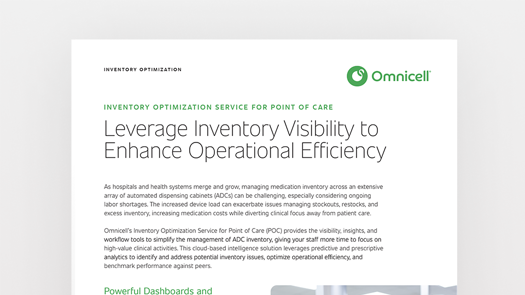
Brochure
Leverage Inventory Visibility to Enhance Operational Efficiency
99 Sorted By Most Recent

Brochure
Leverage Inventory Visibility to Enhance Operational Efficiency
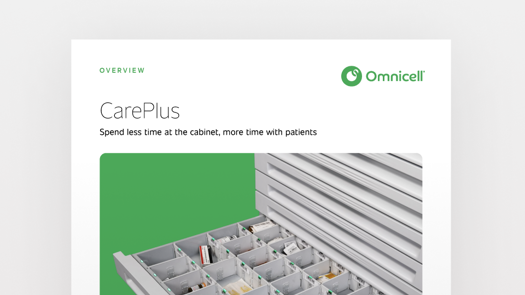
Brochure
CarePlus
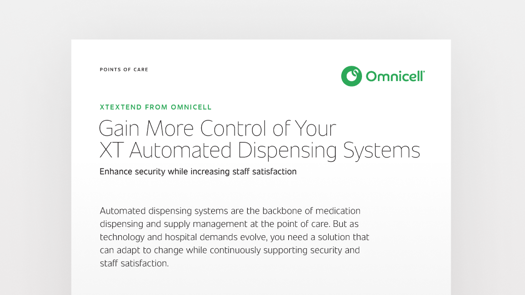
Brochure
XTExtend
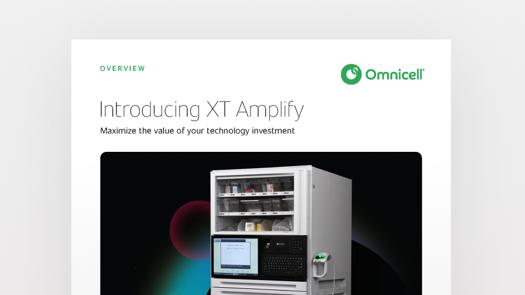
Brochure
XT Amplify

The Future of IV Robotics: IVX Station
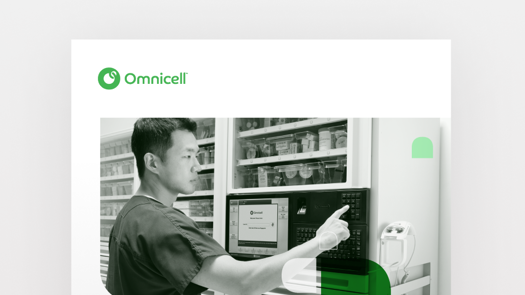
Brochure
XT Automated Dispensing System Overview
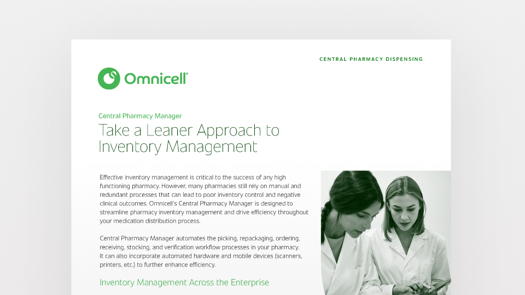
Brochure
Central Pharmacy Manager
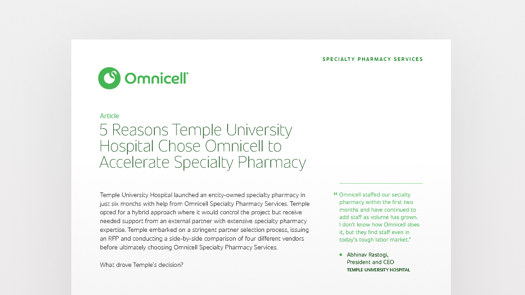
Article
5 Reasons Temple University Hospital Chose Omnicell to Accelerate Specialty Pharmacy
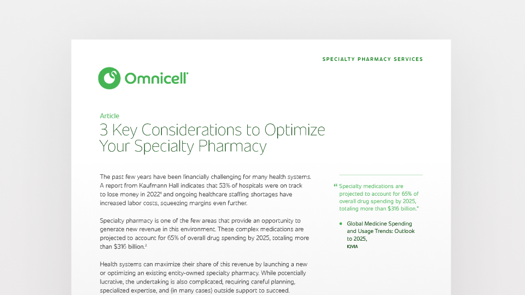
Article
3 Key Considerations to Optimize Your Specialty Pharmacy

Brochure
XT Anesthesia Workstation
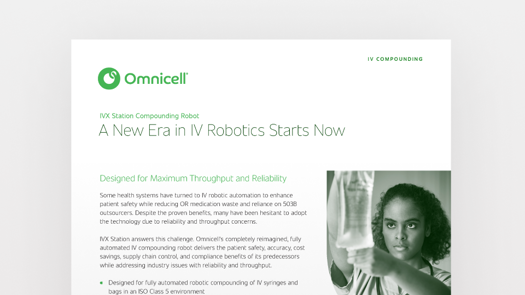
Brochure
IVX Station
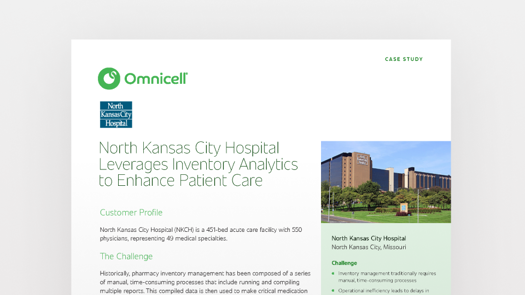
Case Study
North Kansas City Hospital Leverages Inventory Analytics to Enhance Patient Care